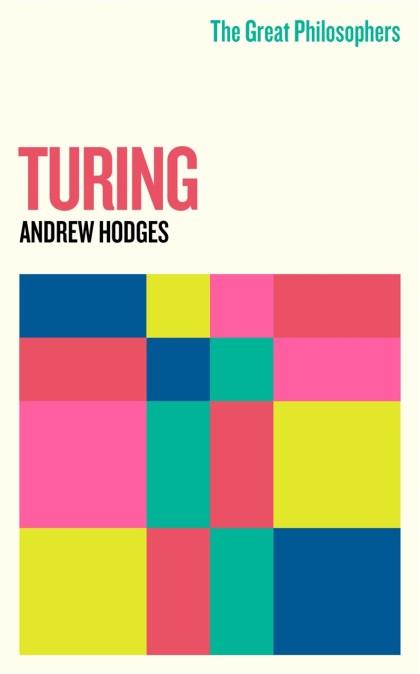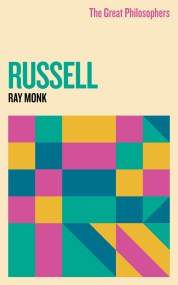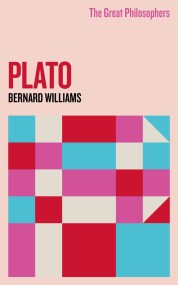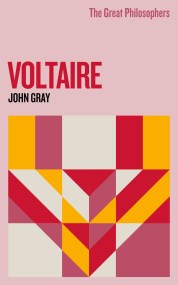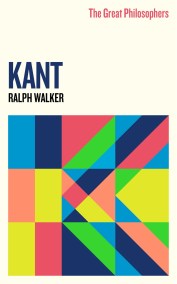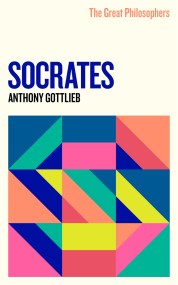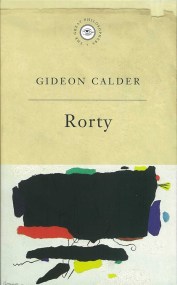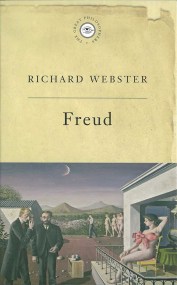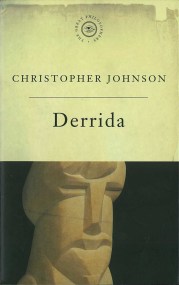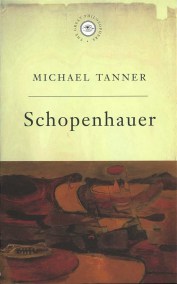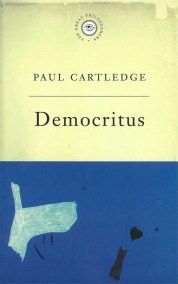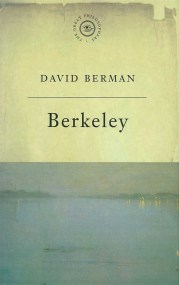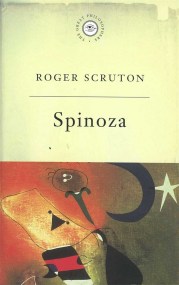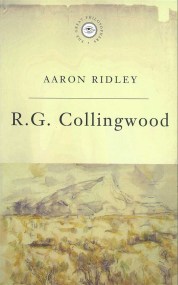From WW2 code-breaker to Artificial Intelligence – a fascinating account of the remarkable Alan Turing.
Alan Turing’s 1936 paper On Computable Numbers was a landmark of twentieth-century thought. It not only provided the principle of the post-war computer, but also gave an entirely new approach to the philosophy of the mind.
Influenced by his crucial codebreaking work during the war, and by practical pioneering of the first electronic computers, Turing argued that all the operations of the mind could be performed by computers. His thesis is the cornerstone of modern Artificial Intelligence.
Andrew Hodges gives a fresh analysis of Turing’s work, relating it to his extraordinary life.
Alan Turing’s 1936 paper On Computable Numbers was a landmark of twentieth-century thought. It not only provided the principle of the post-war computer, but also gave an entirely new approach to the philosophy of the mind.
Influenced by his crucial codebreaking work during the war, and by practical pioneering of the first electronic computers, Turing argued that all the operations of the mind could be performed by computers. His thesis is the cornerstone of modern Artificial Intelligence.
Andrew Hodges gives a fresh analysis of Turing’s work, relating it to his extraordinary life.
Newsletter Signup
By clicking ‘Sign Up,’ I acknowledge that I have read and agree to Hachette Book Group’s Privacy Policy and Terms of Use
Reviews
If you want to acquire some first-hand experience of philosophy and democracy you would do well to read this welcome series
The virtue of these deceptively brief books is that they are the real thing
Rarely have intellectual sophistication and complexity come so cheap
The books should improve the cultural circulation of philosophy by their style as well as their substance
A promising venture

